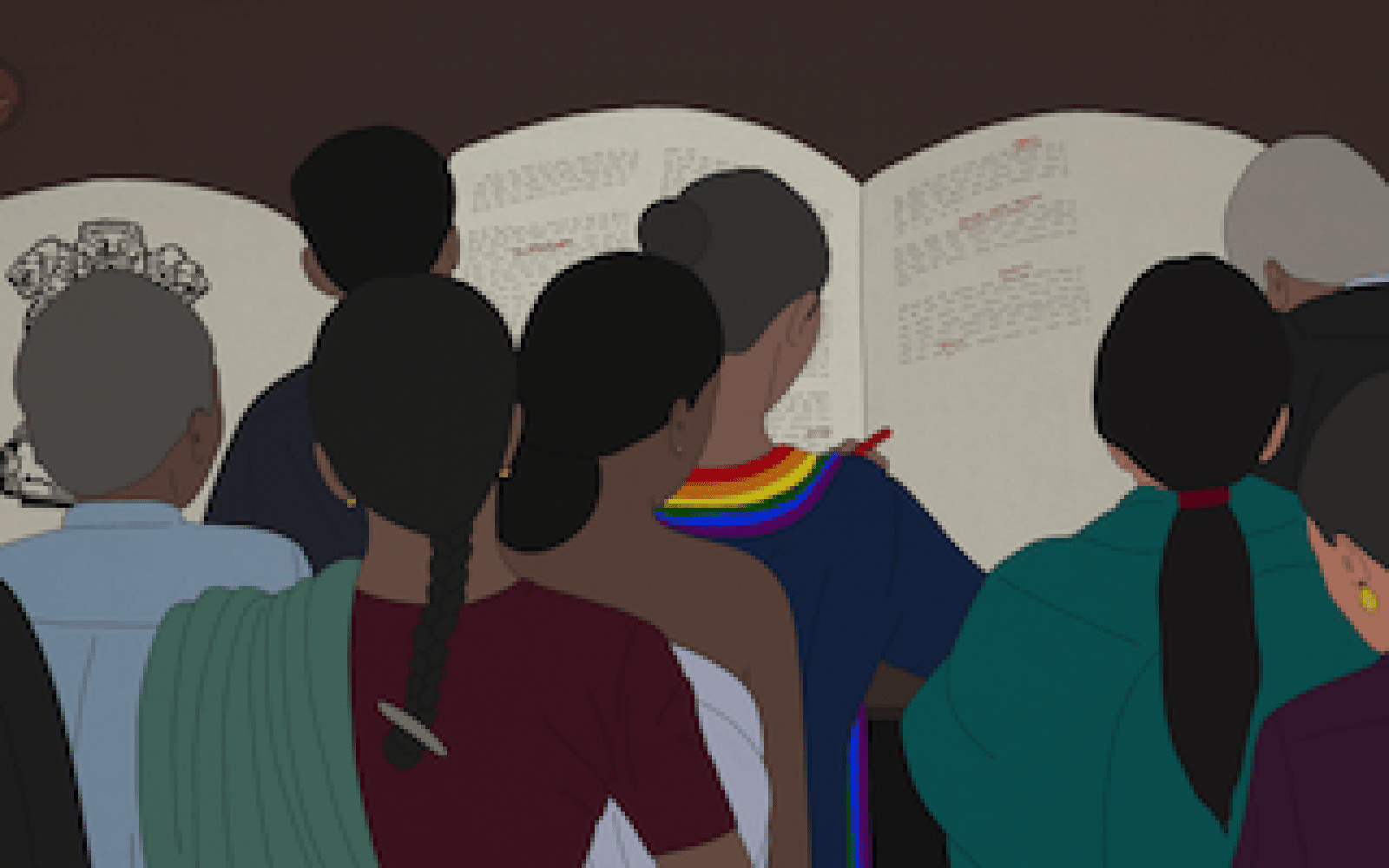How do social entrepreneurs view changemaking in law and justice? What do they envision the roadmap to justice to be?
In the quest for answers to these questions and more, Ashoka's Law for All Initiative launched its microsite to serve as a platform for knowledge products dissemination, tools for the sector and a space to keep an eye out for events that engage key stakeholders from the social justice field.
They have also launched two new reports and a workbook—Social Innovation Mapping Report, and Mapping Changemaking in Law and Justice Report
Social Innovation Mapping Report:
This study reviews the present state of innovation in the law and justice landscape by highlighting stakeholders' ground-breaking initiatives.
While social innovations have marginally expanded the justice system's reach, we still have a long way to go to address the needs of 1.3 billion people in India. Ashoka’s experience in driving change in different parts of the world has taught us that it is vital to develop ecosystems where leading social entrepreneurs can work together to unlock the changemaking potential of every citizen.
This study identifies the major barriers hindering the accessibility of the justice system, emerging changes that signal the potential scalable and systemic responses to the barriers, and notable positive transformations that future-facing disruptive innovations have created.
Mapping Changemaking in Law and Justice Report:
This report is a scope into changemakers' collected insights and their vision for the roadmap to social justice. We bring these collective narratives of stories of change and impact with the hope to serve as a springboard for the ‘everyone a changemaker’ movement toward access to justice.
At Ashoka Law for All Initiative, we conducted an impact study to understand the status quo, and the mechanisms through which these leading practitioners are bringing about systemic change.
We found that the key to these structural systemic interventions towards the realisation of a just society is themes like the drive to make a change for good, advancing legal literacy, building with the community, purposeful collaborations, unlocking the value of data, and the power of youth.
